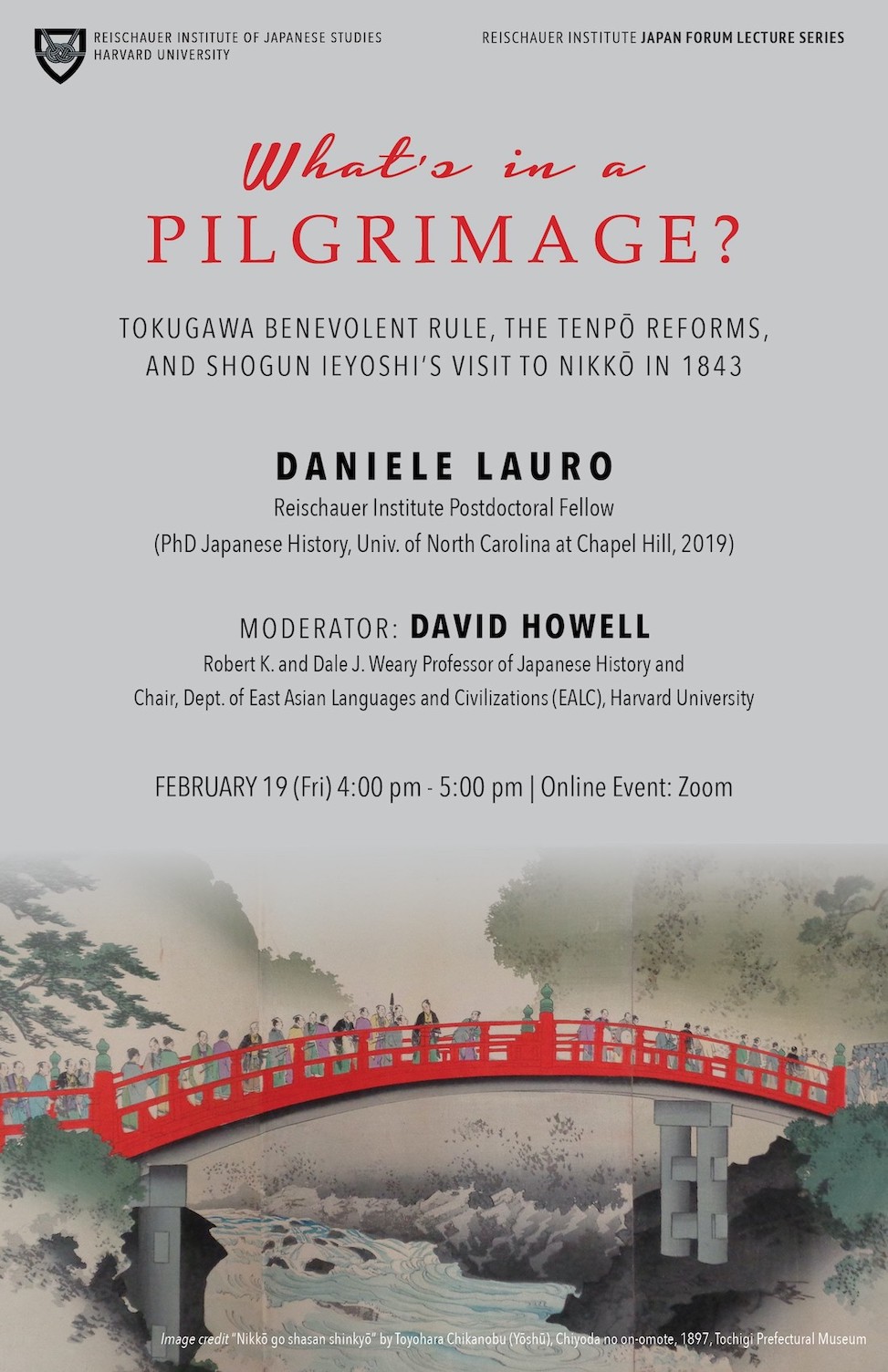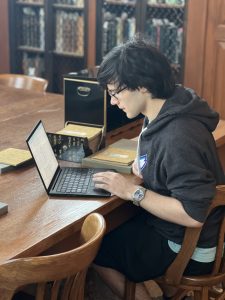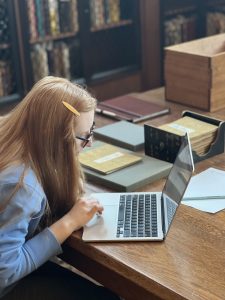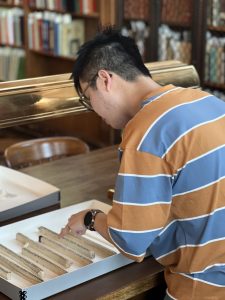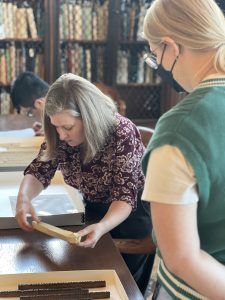News
News
Lab visit to Wilson special collections
Many thanks to Emily Kader of the Rare Book Collection for hosting us in an examination of several historical Japanese-related materials in the Wilson Library. We were able to spend time examining three wonderful groups of objects:
- Recently acquired original Meiji-period wood blocks used for printing the book Nagashiraji (名頭字),
- Selected samples with East Asian text from the Propaganda Fide Press Printing Blocks (1626-1850)
- A lacquerware dowry chest (Early to mid-Edo period) containing 54 original calligraphic booklets of the chapters of The Tale of Genji
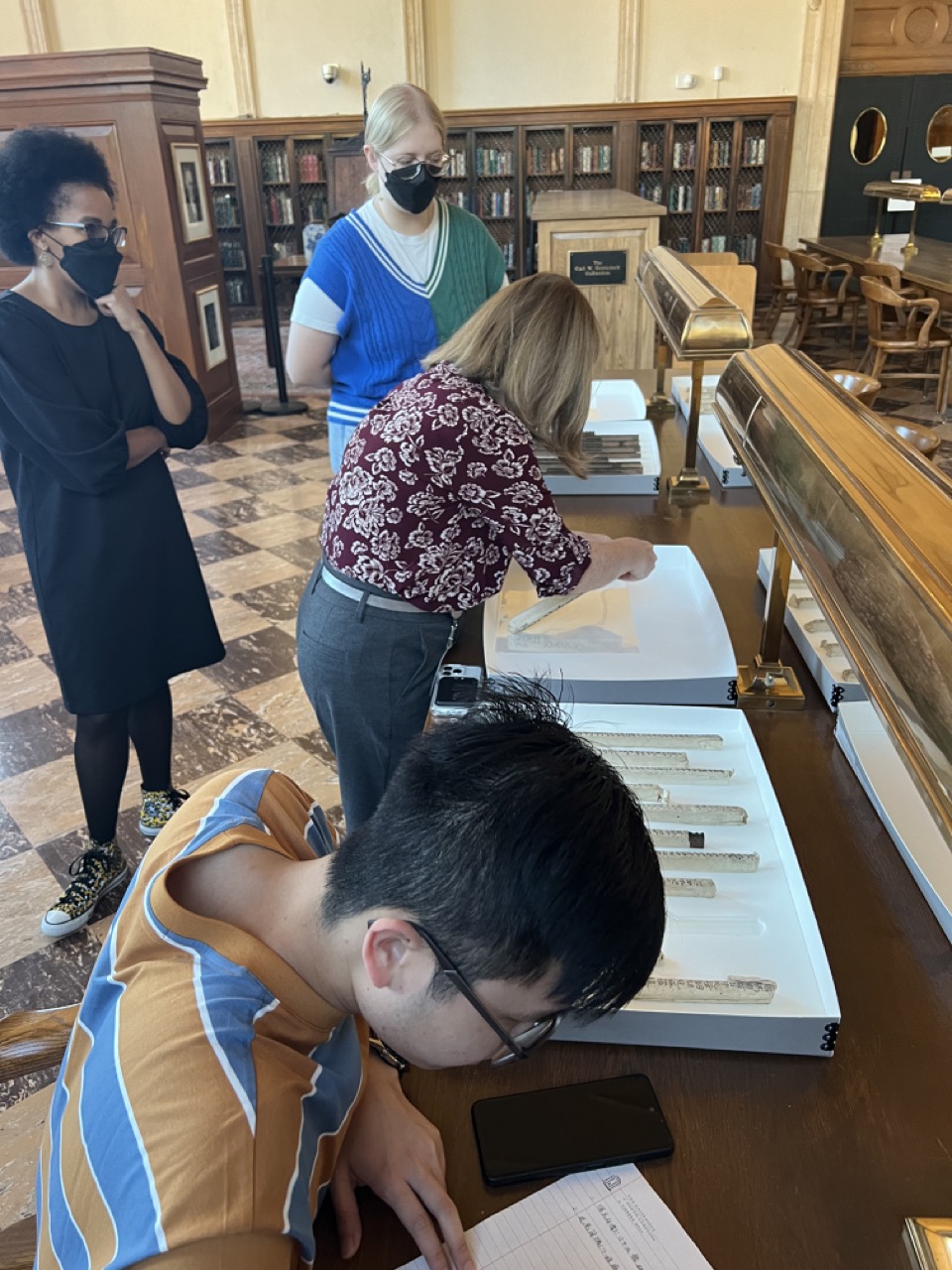
Kimono Virtual Exhibit
Former lab MA student, Sophie Eichelberger, recently completed her final project associated with her research here at UNC: an online, digital exhibition of the history of the kimono. The project is hosted by the Carolina Asia Center here: https://carolinaasiacenter.unc.edu/kimono-virtual-exhibit/
The interactive digital image itself can be accessed at this link: https://carolinaasiacenter.unc.edu/wp-content/uploads/sites/8684/2023/09/Kimono-timeline-9.12.pdf
Congratulations Sophie!
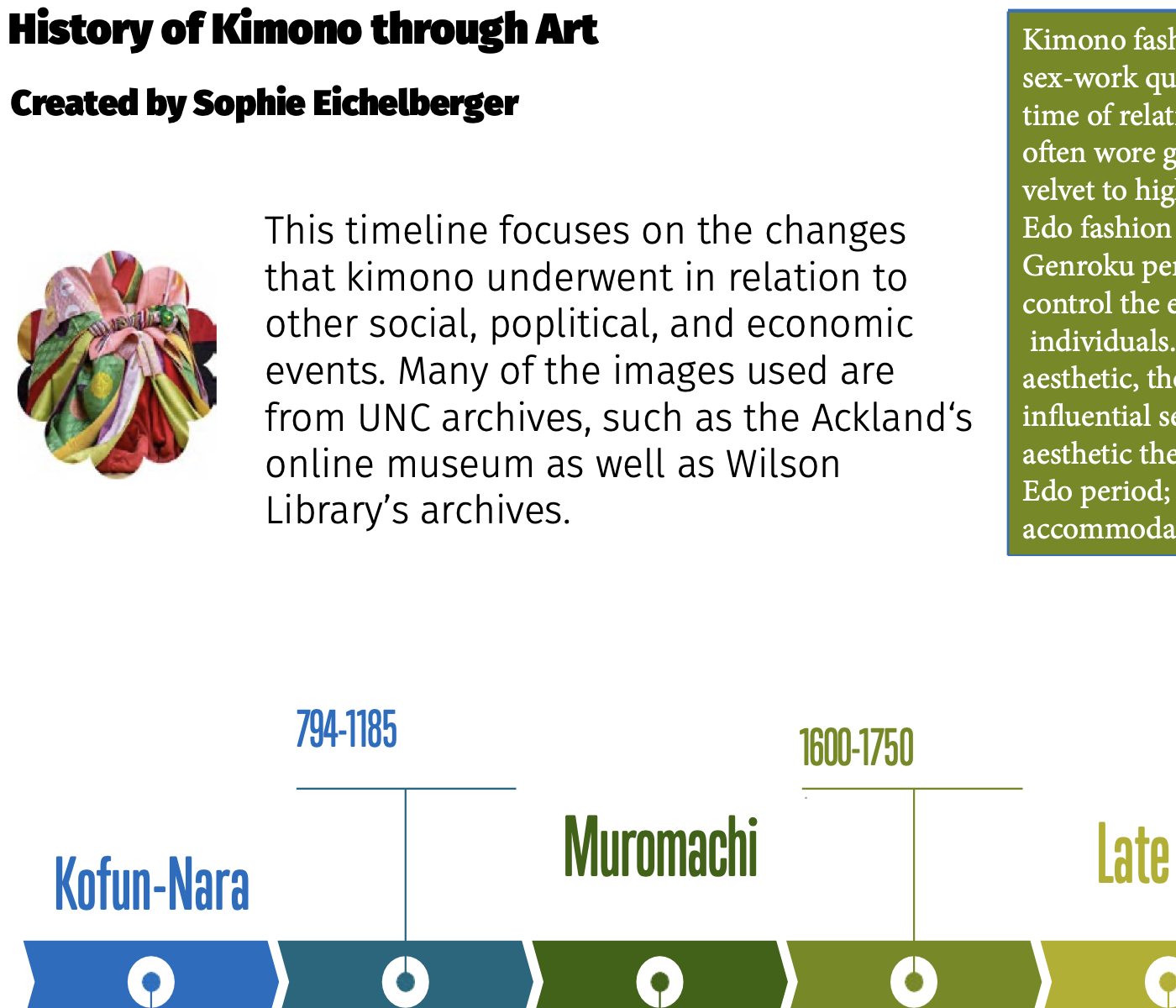
Sarah Martin at the National Bureau of Asian Research
Lab member Sarah, a rising senior, is in Seattle, WA, with the National Bureau of Asian Research (NBR) as a Japan Studies Research Fellowship Finalist. She is partaking in an intensive seminar assessing the full dimensions of China’s challenge to the liberal international order as well as assessing U.S. policy responses and strategic options. The seminar includes dialogues with guest specialists in relevant fields and weekly visits to sites related to U.S. interests in the Indo-Pacific. Additionally, she is conducting research on the U.S.-Japan security alliance as it relates to China; at the conclusion of the seminar, she will present this research to NBR and affiliated guests.
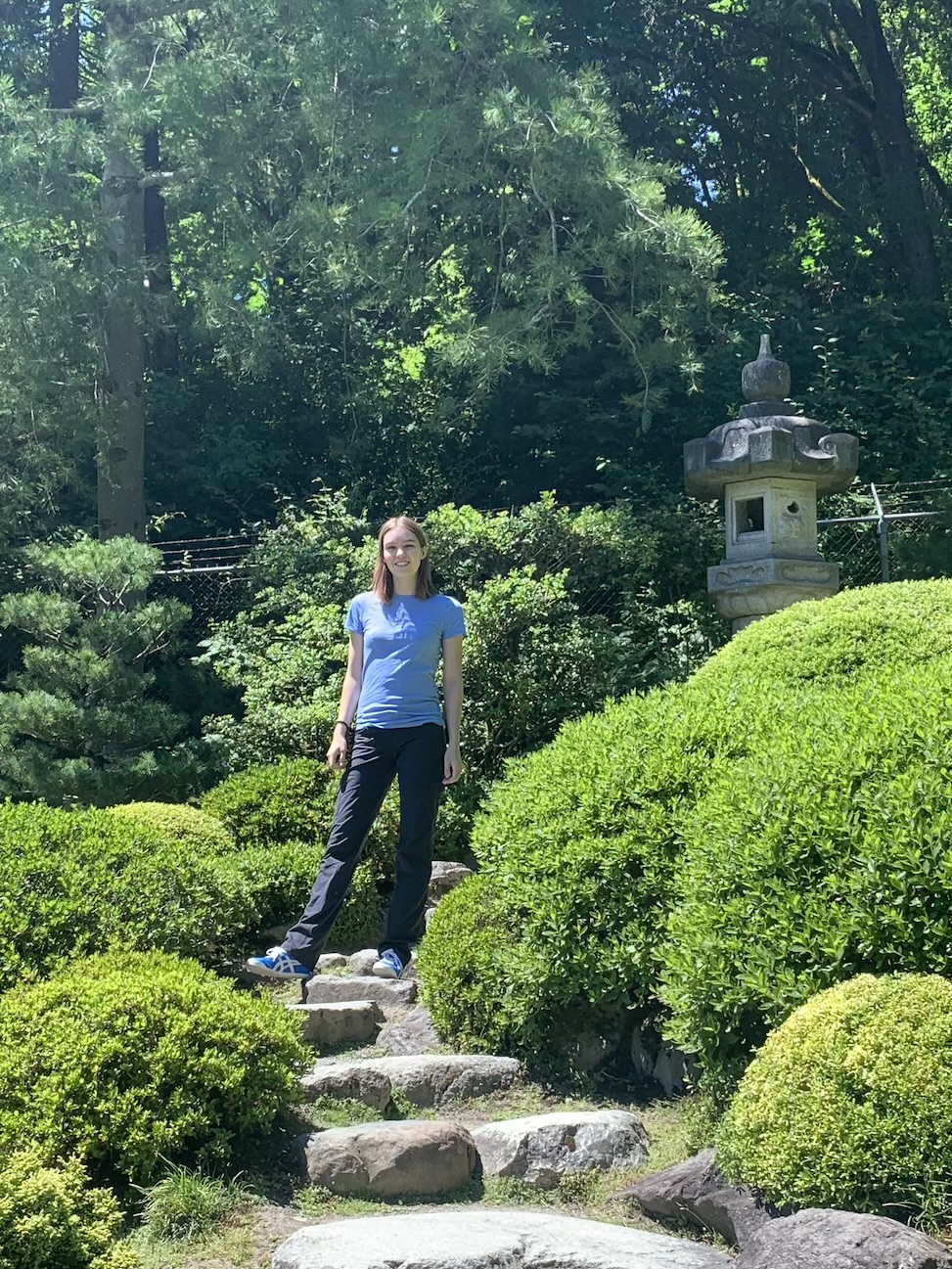
Graduate student Jason Castro visits Japan for research
Jason received support from the History Department to conduct research in Japan this summer. He visited three prominent institutions: the Institute of Okinawan Studies (Hosei University), the Institute of Folklore Studies (Seijo University), and the National Diet Library. He was focused on finding original materials related to early-modern Asian diplomatic history, specifically between China, Japan, and Ryukyu (present-day Okinawa Prefecture, Japan). Jason gathered essential hand-written primary sources from these archives. Additionally, Jason visited the National Diet Library to access an array of monographs, journal articles, and chapters from publications.
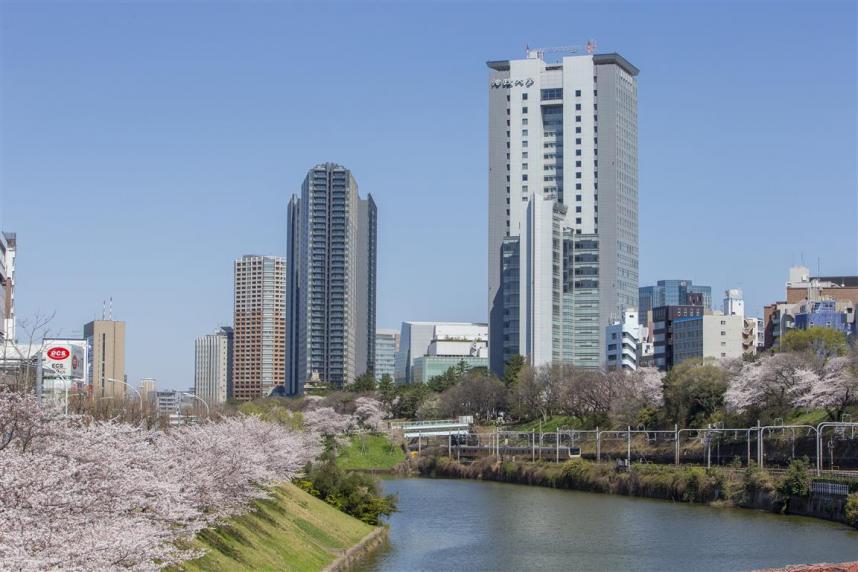
MA student Sylvie Hack explores Japan
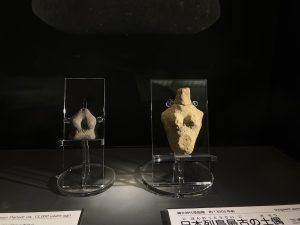 DAMES MA student and JHL member Sylvie Hack is studying Japanese and traveling in the archipelago this summer. Sylvie has been visiting shrine to gather materials related to one of her research areas, the art and architecture of Shinto. She also has a deep interest in prehistoric Japan and the role of mythology in Japanese culture, and thus has been learning about Jōmon era ceramics such as the small figurines known as dogū, as well as how contemporary festivals, such as the Gion matsuri in Kyoto, intertwine with and reinvent older traditions.
DAMES MA student and JHL member Sylvie Hack is studying Japanese and traveling in the archipelago this summer. Sylvie has been visiting shrine to gather materials related to one of her research areas, the art and architecture of Shinto. She also has a deep interest in prehistoric Japan and the role of mythology in Japanese culture, and thus has been learning about Jōmon era ceramics such as the small figurines known as dogū, as well as how contemporary festivals, such as the Gion matsuri in Kyoto, intertwine with and reinvent older traditions.

Exploring Tokyo, Kyoto, and Sapporo
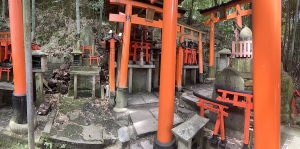 JHL student Jack Snyder is spending the summer of 2023 on the UNC Summer in Japan program. Jack reports that in addition to intensive Japanese language classes, he has been able to visit Kyoto, Nara, and Hiroshima. His time in the Kansai included stops at some of the key historically and culturally significant temples and shrines, such as Kinkakuji, Kiyomizu, Fushimi Inari, and Todaiji. A trip to Sapporo in Hokkaido also allowed Jack and his friends to cool down since this is an exceptionally hot summer in Tokyo.
JHL student Jack Snyder is spending the summer of 2023 on the UNC Summer in Japan program. Jack reports that in addition to intensive Japanese language classes, he has been able to visit Kyoto, Nara, and Hiroshima. His time in the Kansai included stops at some of the key historically and culturally significant temples and shrines, such as Kinkakuji, Kiyomizu, Fushimi Inari, and Todaiji. A trip to Sapporo in Hokkaido also allowed Jack and his friends to cool down since this is an exceptionally hot summer in Tokyo.
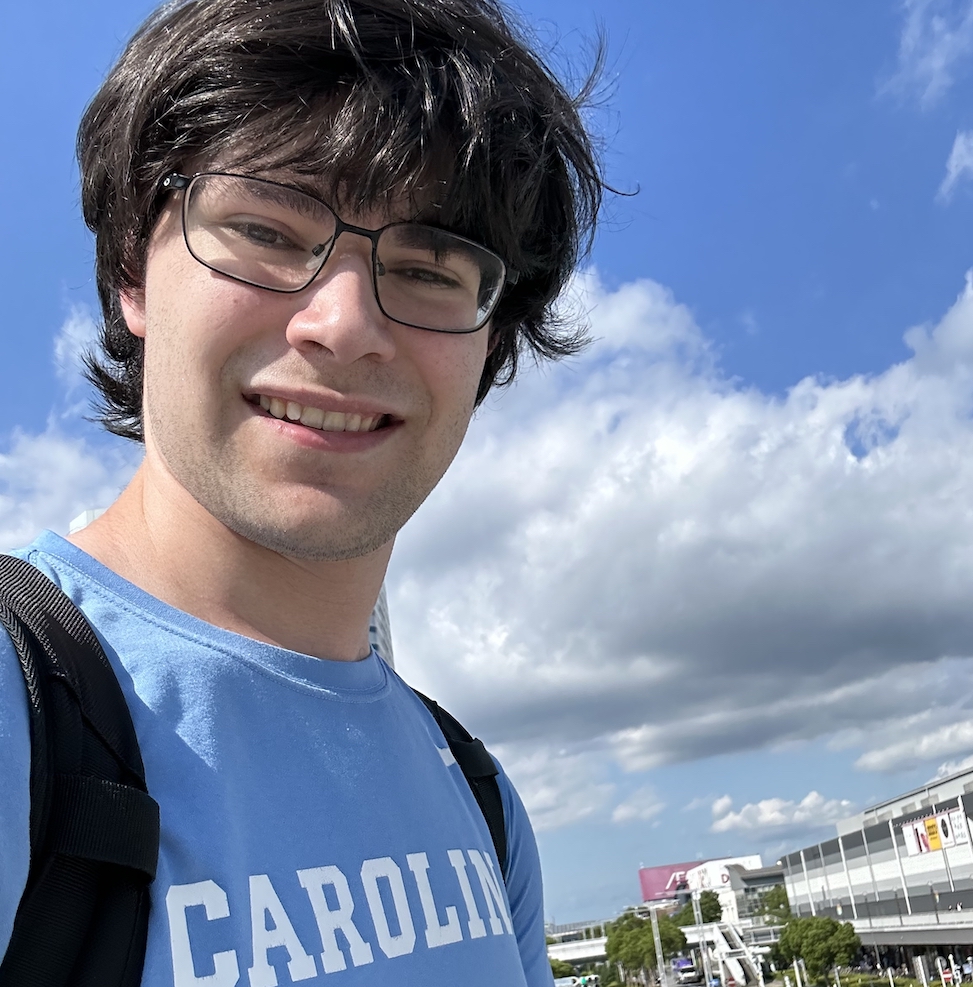
Two students from the lab to study in Japan this summer
Jack Synder, a rising sophomore and one of the founding members of the lab (who started with us when he was in high school) will be studying abroad on the UNC Summer in Japan program. He was also the recipient of a Phillips Ambassadors Fellowship, which is an innovative program that supports study abroad in Asia. As a Phillips Ambassador, Jack enrolled in a pre-departure seminar taught by Professor Michael Tsin that explores themes in Asian history and Asian studies, as well as the experiences of returning Phillips Ambassadors who take part in the course after coming back to campus. While abroad, Jack will be part of a network of Phillips Ambassadors who communicate with each other as well as with a graduate student to make sense of their individual studies. And after returning to campus in the fall, Jack will take part in further meetings of the seminar and also engage in a “Give-Back Project,” a kind of outreach effort that can be creative or scholarly, on or off campus, and completed individually or in a group.
Sylvie Hack, a rising second-year graduate student in the DAMES MA program, will also be attending the UNC Summer in Japan program. Sylvie has a strong research interest in the history of Shinto; religion and the arts in Japan; and comparative ancient cultures, particularly comparisons between Japanese traditional culture and ancient Greek and Egyptian cultures.
Congrats Jack and Sylvie and 頑張ってください!
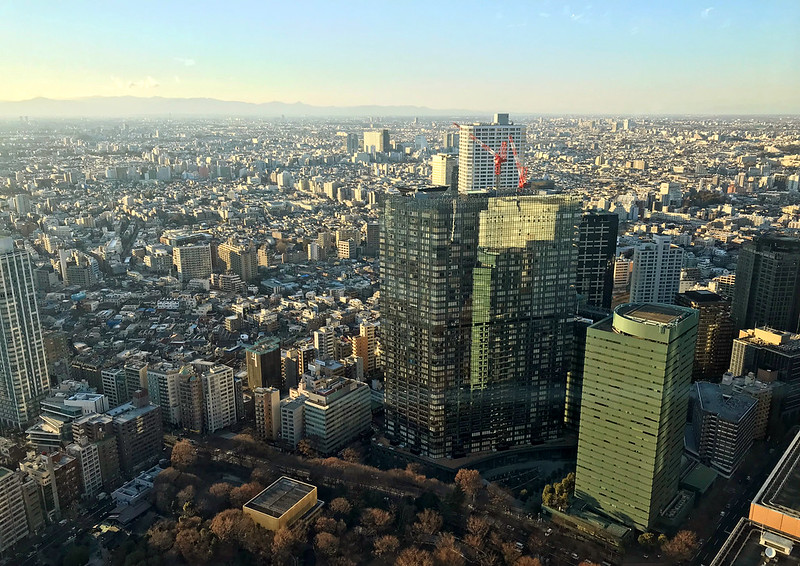
Congratulations to Sophie Eichelberger!
Congratulations to the first MA student in the lab to graduate from the Asian and Middle Eastern Studies department’s new graduate program. Sophie’s thesis, “Adult-Female Fashion of the Yoshiwara and the Theaters: Gender, Space, and Clothing of the Early Edo (1615-1750) Akusho,” is a brilliant examination of 17th-century fashion trends in the cultural capital of Edo, looking at the social, spatial, and visual connections between the sex-work district of Yoshiwara and the kabuki theater district.
This summer, Sophie will participate in the Graduate Student Summer Residency at the National Humanities Center, with the theme “Creating an Accessible Classroom and Inclusive Curriculum.”
Beginning in the fall, Sophie will begin her PhD at the University of Pennsylvania in the Department of Art History, working with Professor Julie Nelson Davis to continue her research into print culture, books, and fashion in Edo-period Japan.
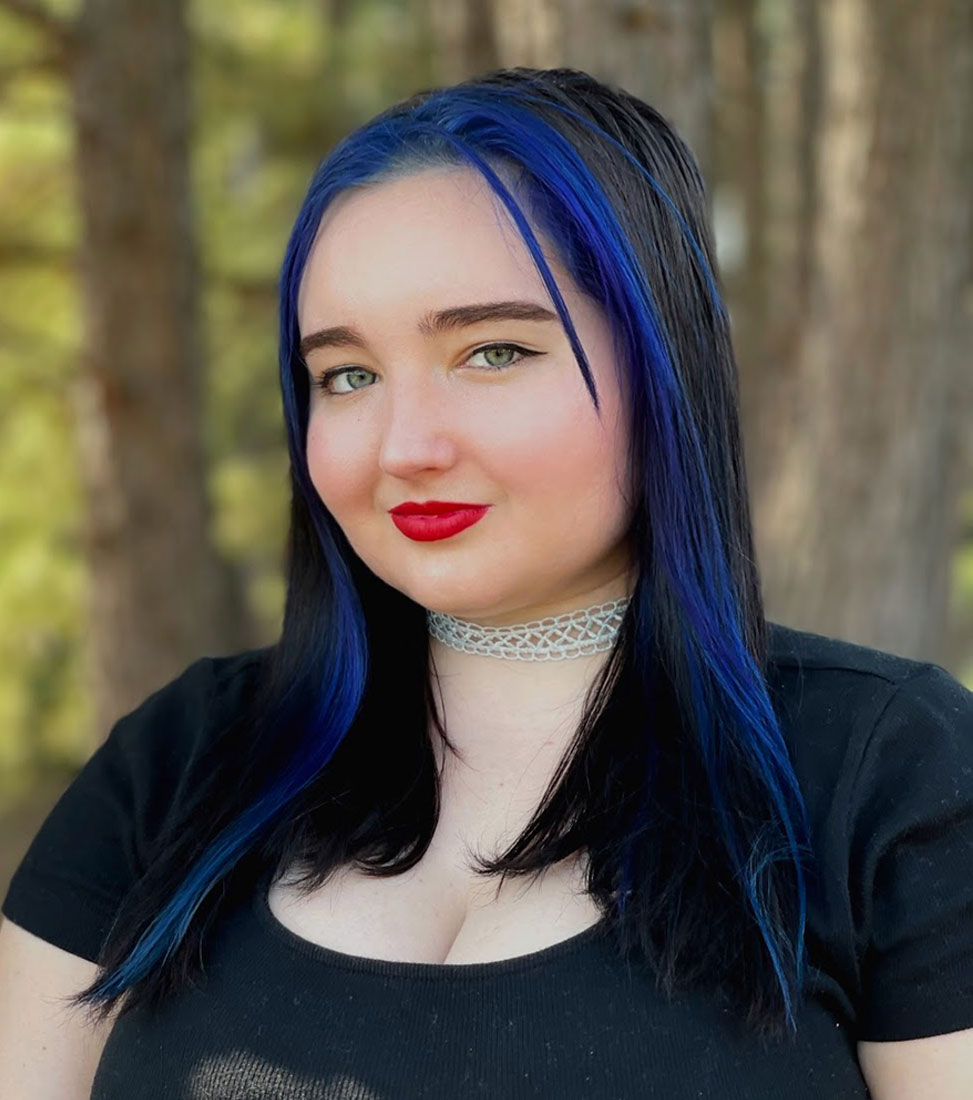
Ackland Symposium
The Ackland Art Museum will host a symposium, “Rengetsu and Nantenbō: Calligraphy and Context,” on April 15, 2023, from 9-5 in the museum. Morgan Pitelka will be the last speaker, presenting on the topic of “Communities of Practice: Social Relations and the Functions of Art in the Careers of Rengetsu and Nantenbō,” based on his work with the lab over the last year as well as prior research on the social context and materiality of artworks in early modern Japan. Please join us!
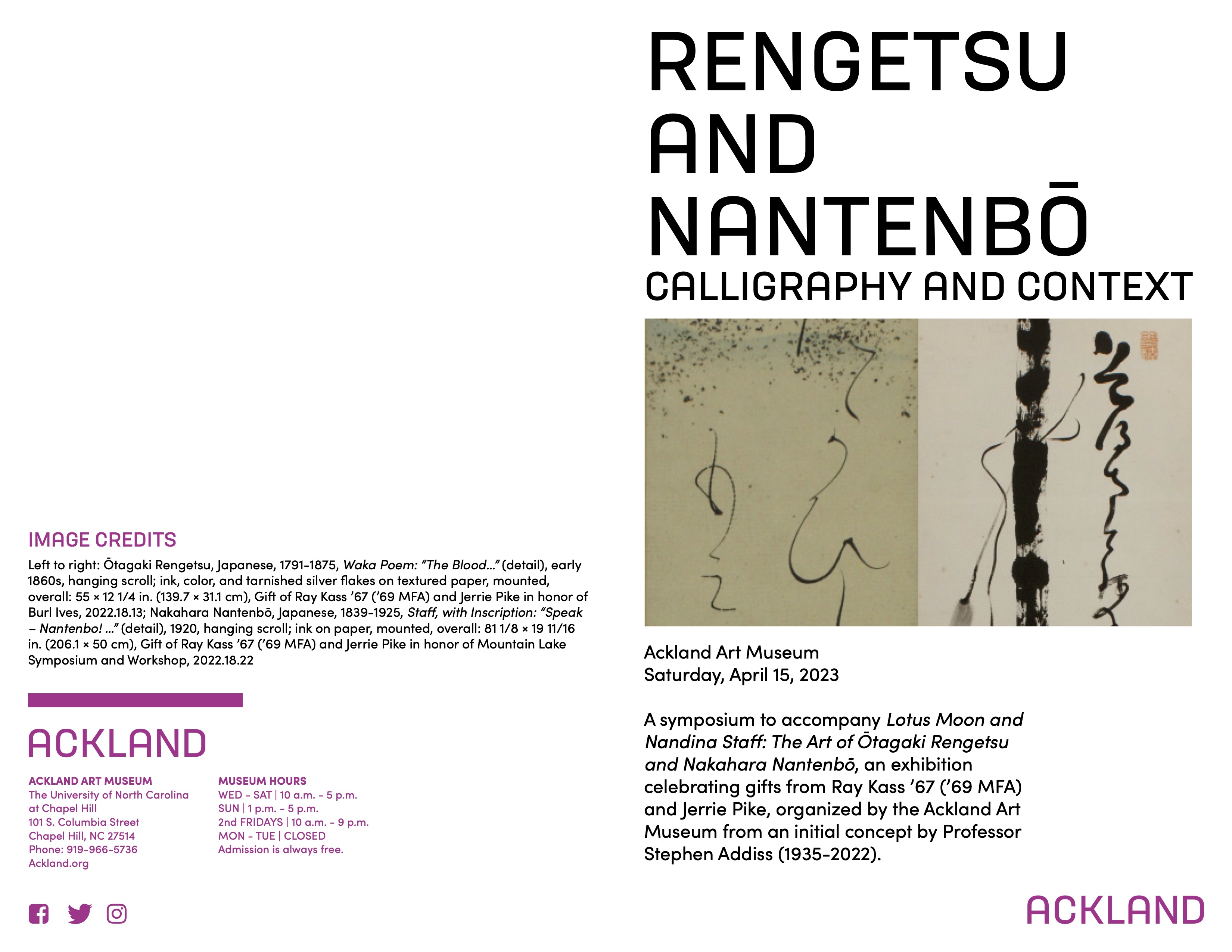
Ackland Art Museum Exhibition
The JHL collaborated with the Ackland Art Museum in the summer, fall, and spring of the 2022-2023 academic year in the planning and research for the new exhibition, Lotus Moon and Nandina Staff: The Art of Ōtagaki Rengetsu and Nakahara Nantenbō: https://ackland.org/exhibition/lotus-moon-and-nandina-staff-the-art-of-otagaki-rengetsu-and-nakahara-nantenbo/
We were lucky to work closely with curator Peter Nisbet and to have the chance to examine objects in person, help out with translation and analysis of artworks, and to provide input on the framing of the show. We even had the chance to review the designs for the exhibition and talk through the embodied experience of walking through the show and encountering the objects and wall panels. Many thanks to the brilliant Ackland staff for including us in this process.
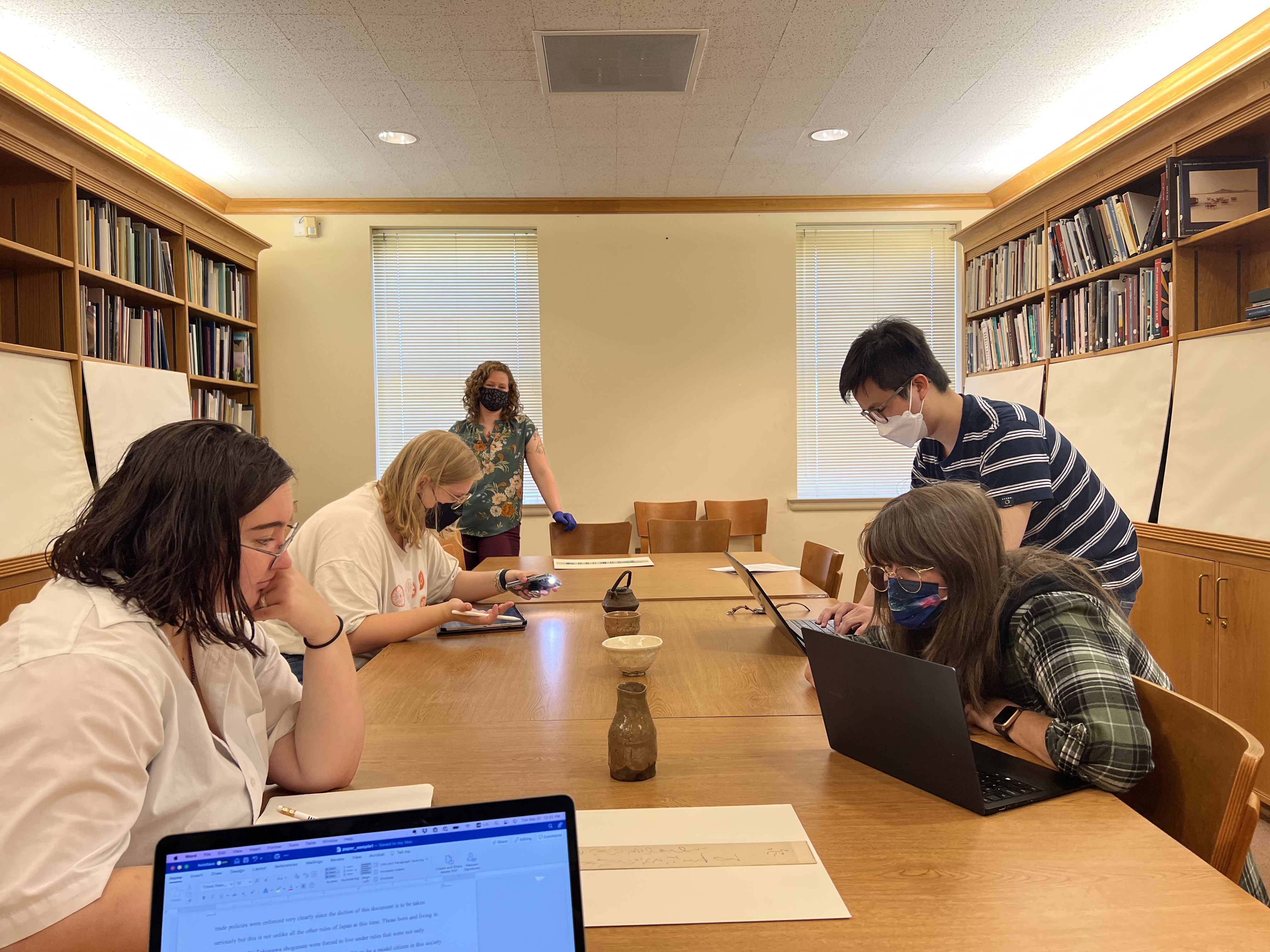
Lab students collaborate with the Ackland Art Museum
This spring, two members of the lab worked on collaborative research and writing projects with the Ackland Art Museum here at UNC, both of which resulted in displays in the museum.
Sophie Eichelberger researched works in the Horvitz collection of contemporary Japanese ceramics and contributed to labels and descriptions of works that are now on display in the museum as part of its “Pleasures and Possibilities: Five Patrons of the Asian Art Collection” show (March 11, 2022 – March 12, 2023).
Megan McClory researched woodblock print representations of the Satsuma Rebellion and contributed to a new display of works from the Gene and Susan Roberts Collection. The Satsuma Rebellion (represented in popular culture through the Hollywood film The Last Samurai) was an uprising by disgruntled former samurai against the new Meiji imperial state that lasted from February to September of 1877. Megan contributed to print descriptions as well as didactic historical and contextual essays. These materials are now on display in the museum. You can find many prints in the Ackland collection related to the Satsuma Rebellion, easily accessible through the wonderful online “emuseum” tool.
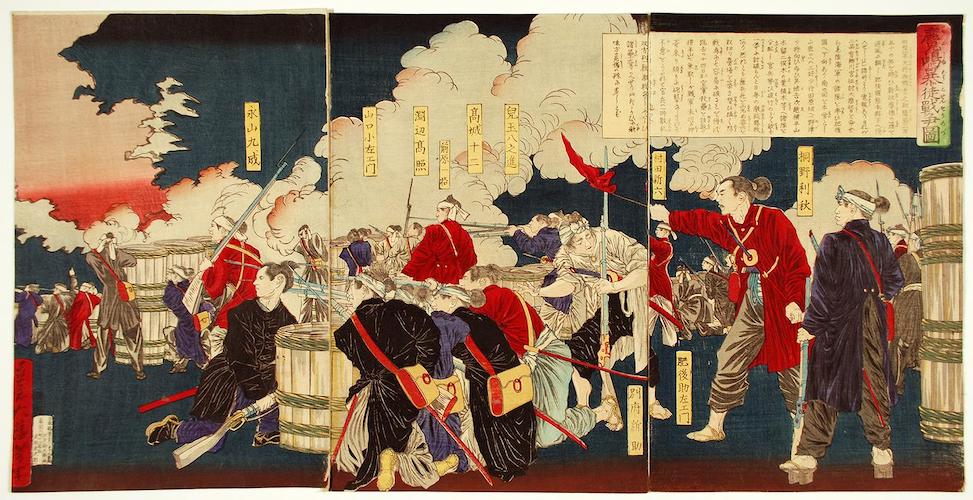
Student research: Engelbert Kaempfer and Movement in Early Modern Japan
During the 2021-2022 school year, the lab was lucky to host a high school student, Jack Snyder, who took part in all of our activities and worked on his own independent research project throughout the year as part of the NCSSM Mentorship Program. The result was an excellent research paper and accompanying video: “Hostages of the Shogun: Engelbert Kaempfer and Movement in Early Modern Japan.” His brief summary of the research project, in the form of a video, can be accessed online.
Great work Jack! And we look forward to continuing to work with you as you begin your academic career as a student here at UNC in the fall. Welcome!

Presentations by Japanese studies professionals
This spring semester of 2022, we heard amazing presentations by a range of professionals with backgrounds in Japanese studies. Dr. Matthew Hayes, Japanese Studies Librarian at Duke University, shared with us his own academic background and intellectual trajectory.
We also welcomed Maiko Behr, a professional Japanese art consultant and translator, whose background in Japanese and art history positioned her well to be fundamentally involved in museum exhibitions, gallery shows, art acquisitions, catalog publication, and many other aspects of the Japanese art world. Students were so interested in learning more about the mechanics and experiences of translation.
Another fantastic presentation was by Jake Sherman, a Law Student at Duke University (UNC class of 2020, highest honors in the History Department for his thesis “Reigniting the Flame: Nation-Building Through Medal Winning at the 1964 Olympics”). Jake talked to us about the process of applying to law school with a focus on international law and looking for programs with strong East Asian Studies linkages in particular. His presentation reminded us that many career paths are open after studying Japanese history, including law.
Our final “professionals” presentation was by Elizabeth H. Manekin, Head of University Programs and Academic Projects, Ackland Art Museum. Although Elizabeth’s background was not in Japanese studies but art history and public humanities, she was able to introduce us to the vibrant world of arts and humanities work that exists in the overlapping spheres of education, museums, municipalities, libraries, and other institutions that are aligned with universities.
Thank you all of our speakers this semester, and to the students who make the lab such a vibrant learning environment!
-MP
Recent presentations
Many thanks to the presenters who have enlivened our lab meetings with presentations over the past several months, including Dr. Rebecca Corbett, Associate University Librarian, USC Libraries; Dr. Cemil Aydin, Professor of History, UNC; Samee Siddiqui, Ph.D. student in History, UNC; Dr. Matthew Hayes, Japan Studies Librarian, Duke University Library; and Maiko Behr, Japanese Art Consultant and Translator.
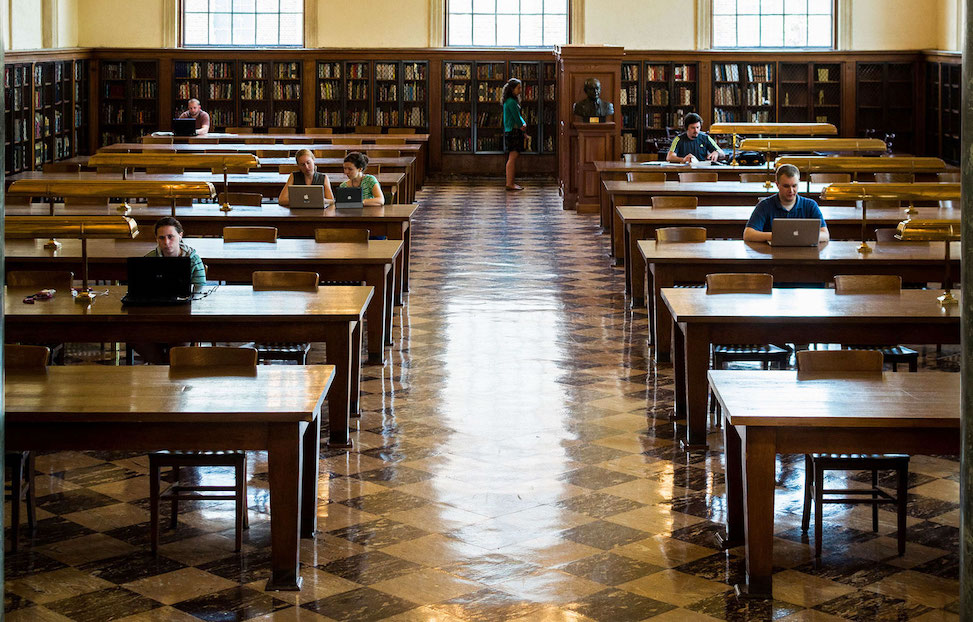
Presentation at UNC Research Week 2021
We were excited to take part in UNC’s 2021 Research Week with a mix of live and recorded presentations. Despite some technical hiccups, we managed to record the whole event and hope it serves as a useful overview of our activities.
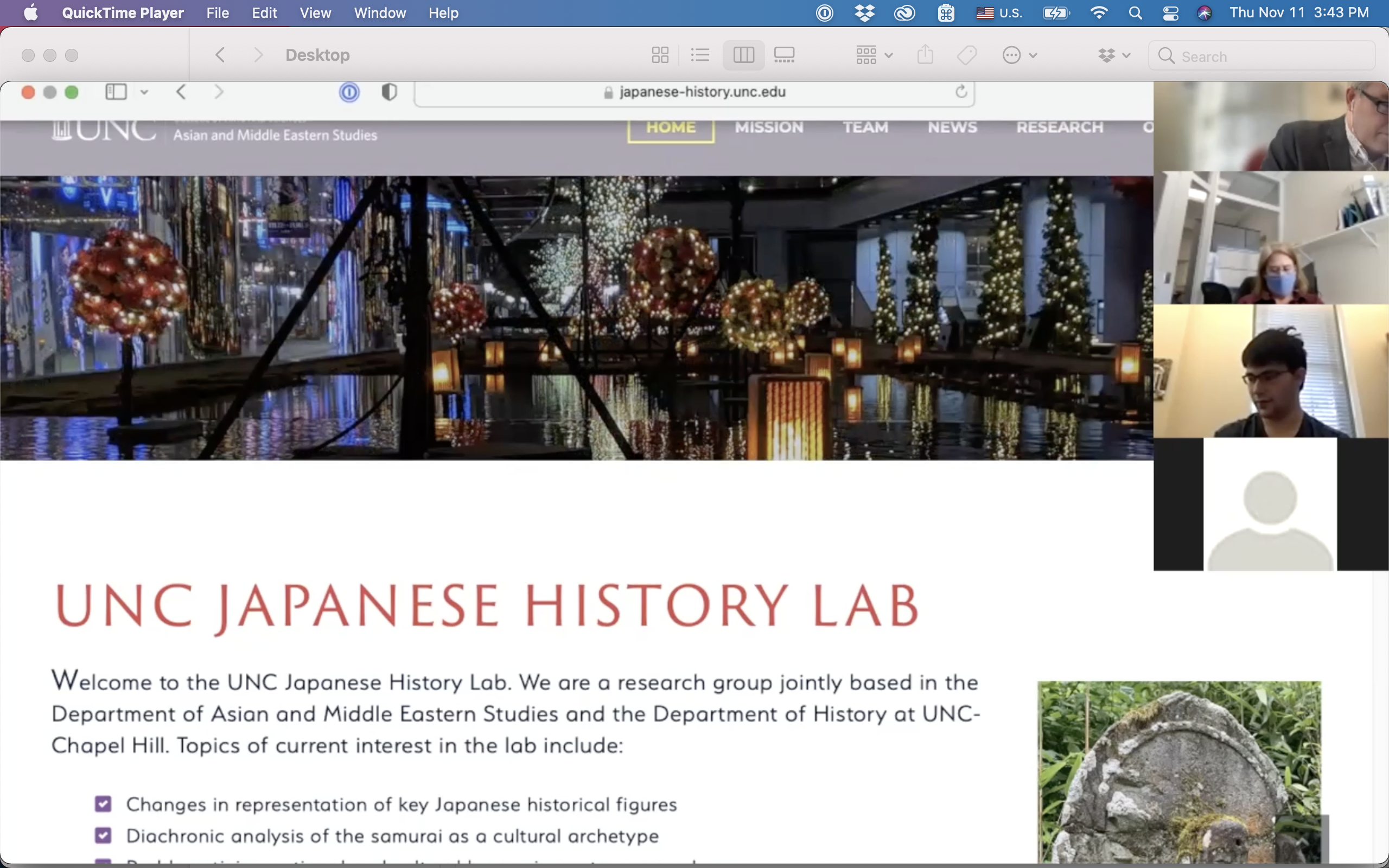
A Malleable Practice: Presentation by Daniele Lauro
Dr. Daniele Lauro is presenting the following topic in our lab on Thursday, October 28th:
Between 1617 and 1843 Tokugawa shoguns traveled at least 17 times from Edo to Nikko – a mountainous locality some 90 miles north of present-day Tokyo – where the shogunate’s founder, Tokugawa Ieyasu, was buried and enshrined in a majestic mausoleum. The official purpose of the shogunal pilgrimage was to worship Ieyasu on his death anniversary. Nonetheless, Tokugawa shoguns visited Nikko with other missions in mind, including showcasing their military power, signaling political transitions, reconfirming alliances with local lords, and promoting cooperation among different power groups. In this presentation I will examine the shogunal pilgrimage to Nikko to cast light on the ways in which Tokugawa rulers performed rituals to construct, reinforce, and preserve their political authority. I will also briefly touch on the afterlives of Tokugawa ritual culture after the collapse of the shogunal government in 1868, the topic of my next research project.
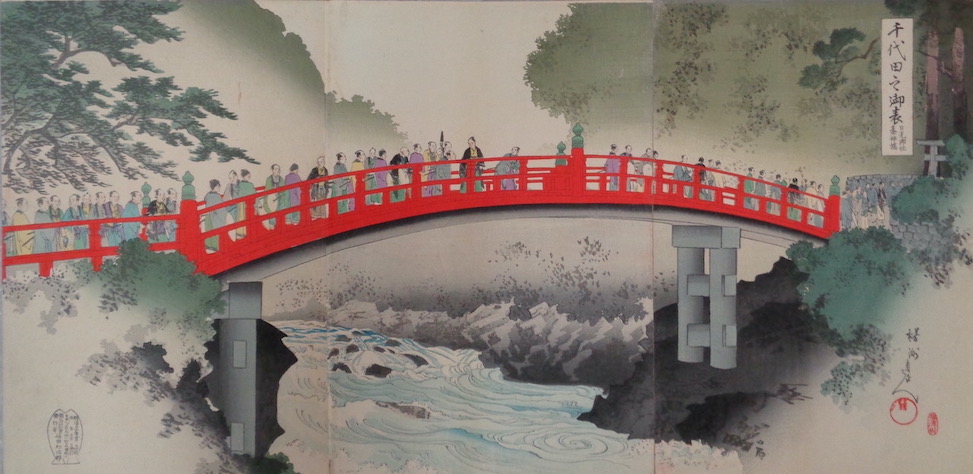
Valuable Vessels I: An Oribe Dish from Japan
Professor Morgan Pitelka produced a video for the Ackland Art Museum’s new exhibition, “Buddha and Shiva, Lotus and Dragon: Masterworks from the Mr. and Mrs. John D. Rockefeller 3rd Collection at Asia Society.” The video provides an in-depth analysis and history of a Japanese ceramic in the Oribe style, explaining its connections to Chinese ceramics, the Japanese tea ceremony, and the widespread popularization of tea culture in Japan during the seventeenth century. View the video here.
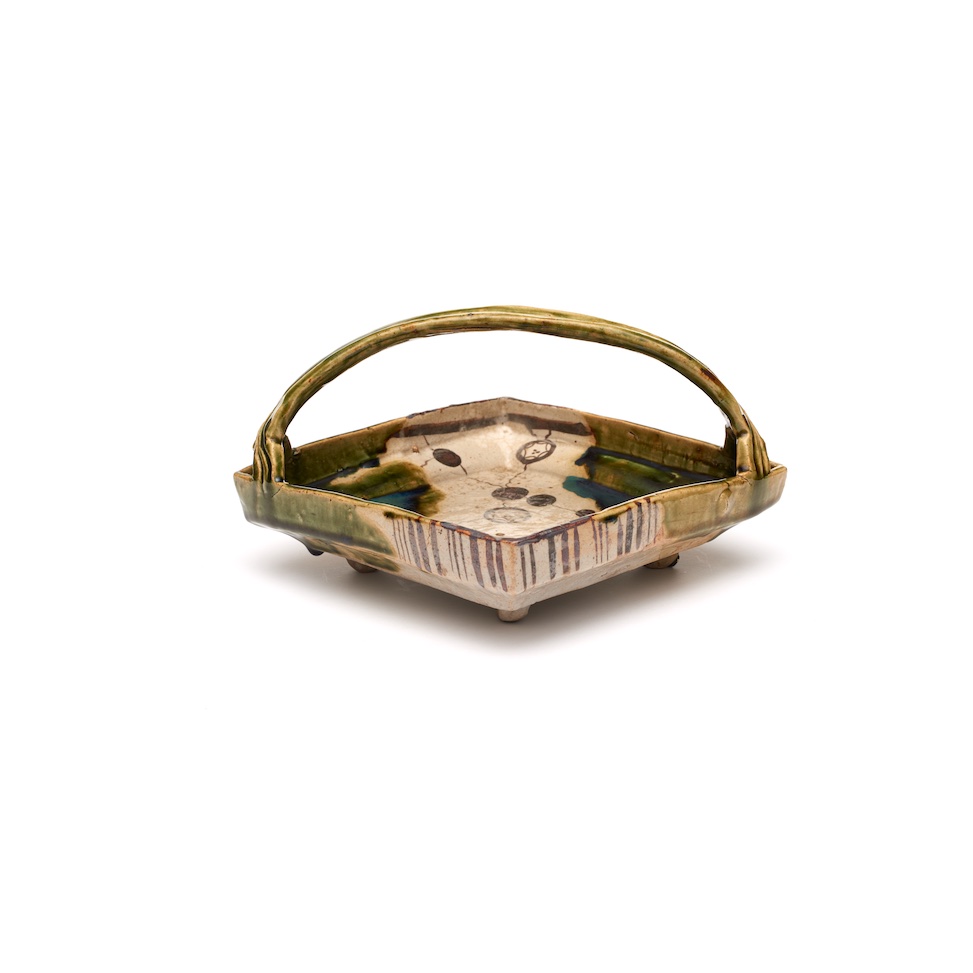
Presentation by Samee Siddiqui, UNC History PhD student
Our lab was honored to welcome our colleague Samee Siddiqui, a PhD student in the History department here at UNC-Chapel Hill, for a presentation on and discussion of his dissertation. Samee works on the interconnections between anticolonial movements in India, Sri Lanka, and Japan, and emerging discourses and practices around religion in the period from 1905-1945. One of the main figures in his research is the Indian pan-Islamist Muhammad Barkatullah (1864?-1927). In fact, Samee has an article coming out in the journal Modern Asian Studies that examines Barkatullah alongside a parallel figure, the Sinhalese Buddhist reformer Anagarika Dharmapala (1864-1934). His article, titled “Parallel Lives or Interconnected Histories? Anagarika Dharmapala and Muhammad Barkatullah’s ‘world religioning’ in Japan,” promises to make a major contribution to the literature by illustrating how these two religious intellectuals, in their conversations with Japanese Buddhists among other figures, competed with each other to articulate a vision of their own respective religious traditions as uniquely compatible with modernity. The article also illustrates a key insight of Samee’s work that will serve as a major thread throughout his dissertation: that religion was as central to the discussions of internationalism in the early twentieth century as the concepts of race, nation, and empire. Thanks, Samee, for joining us!
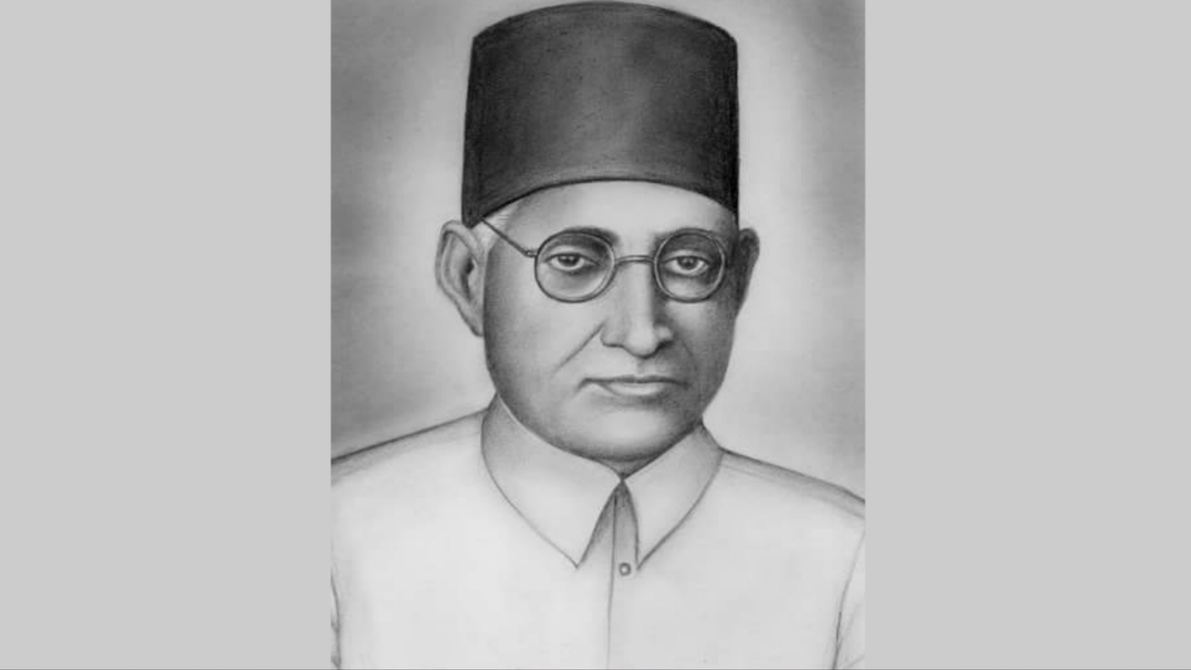
Workshop on Japanese Reference Database
In cooperation with NCC (North American Coordinating Council on Japanese Library Resources), Japanese Studies librarians from the PPA (Plains to Pacific Alliance) will host a series of online workshops on JapanKnowledge this fall. JapanKnowledge is a reference/e-book database that covers a wide variety of content and has been one of the most useful databases for Japanese Studies. Many university libraries in North America already subscribe. There are two workshops being offered, an introductory session (which will be offered twice) for researchers who are new to JapanKnowledge, and an advanced session for those who want to learn more in-depth about database collections and their applications in scholarship. View more information here on the workshops here.
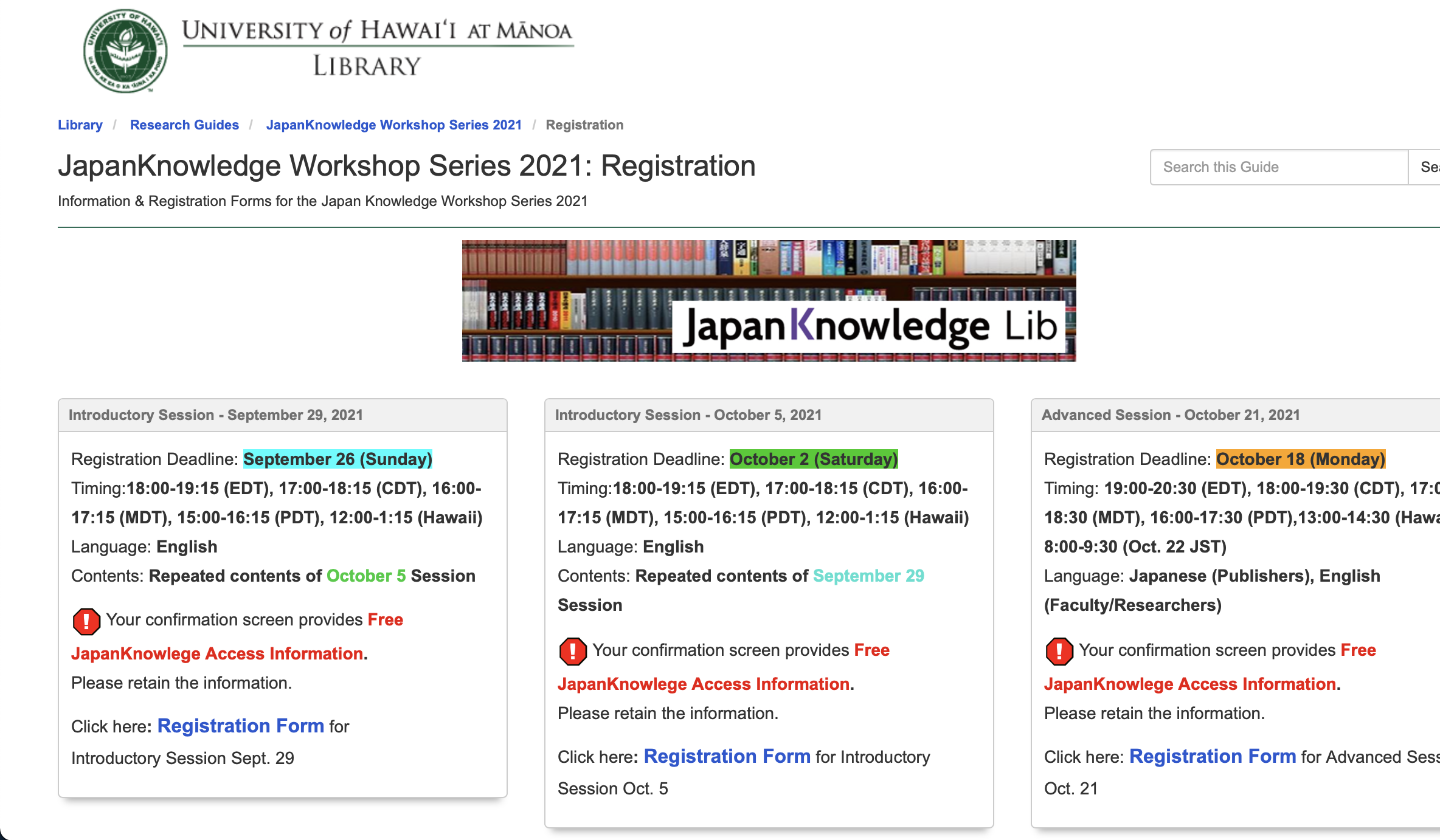
Collaboration with CAVE Academy
The UNC Japanese History Lab worked in the summer of 2021 on a collaboration with CAVE Academy, a London-based private education firm that offers training in the techniques of animation for gaming and entertainment. We offered consulting for their Edge of Edo project, a short animated film that mixes historical elements from 19th-century Japan with fantasy and action themes.
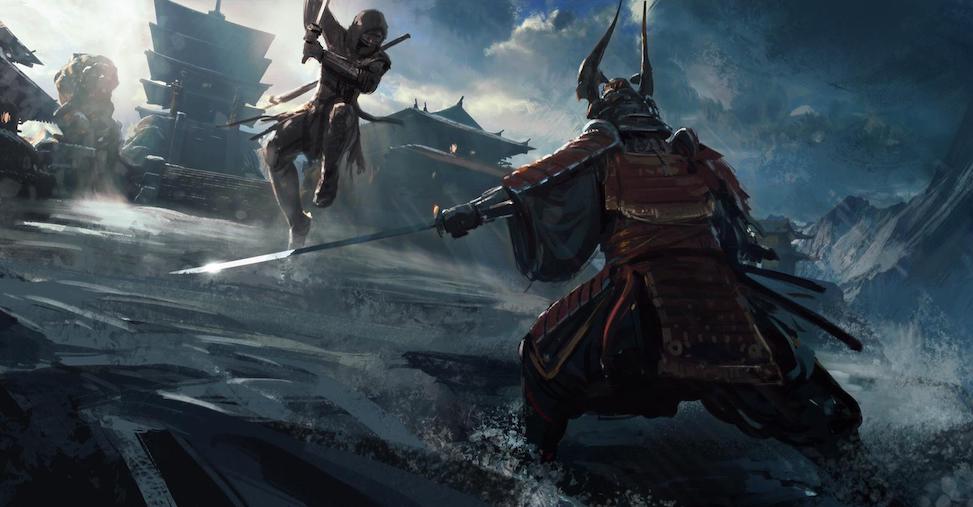
Samurai Lecture
On May 13, 2021, lab P.I. Dr. Morgan Pitelka gave a presentation on the history of the samurai to the Woodbridge, VA Rotary Club. This follows a string of similar Rotary Club presentations on both coasts during the pandemic, wonderful opportunities to discuss Japan’s history in new contexts. He offers his thanks for the invitation!
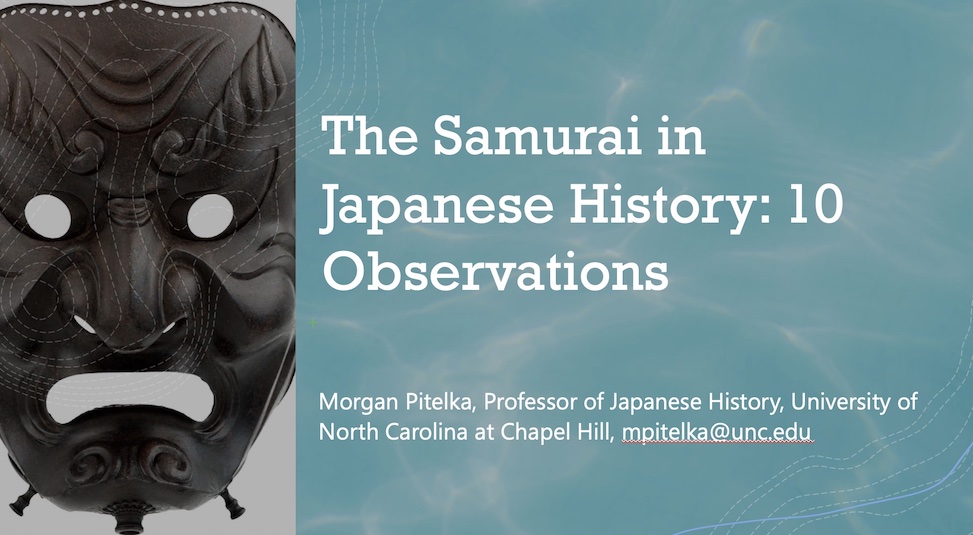
From History to Cultural Nationalism
Congratulations to teammate Thomas Curtis, who defended and presented his senior honors thesis in April, 2021 with excellent results. He summarized his careful study of one of Japan’s oldest and most celebrated national heroes. In the thesis and presentation, Thomas considered the social and political context for changing visual and literary representations of a key historical and mythological figure in Japanese culture.
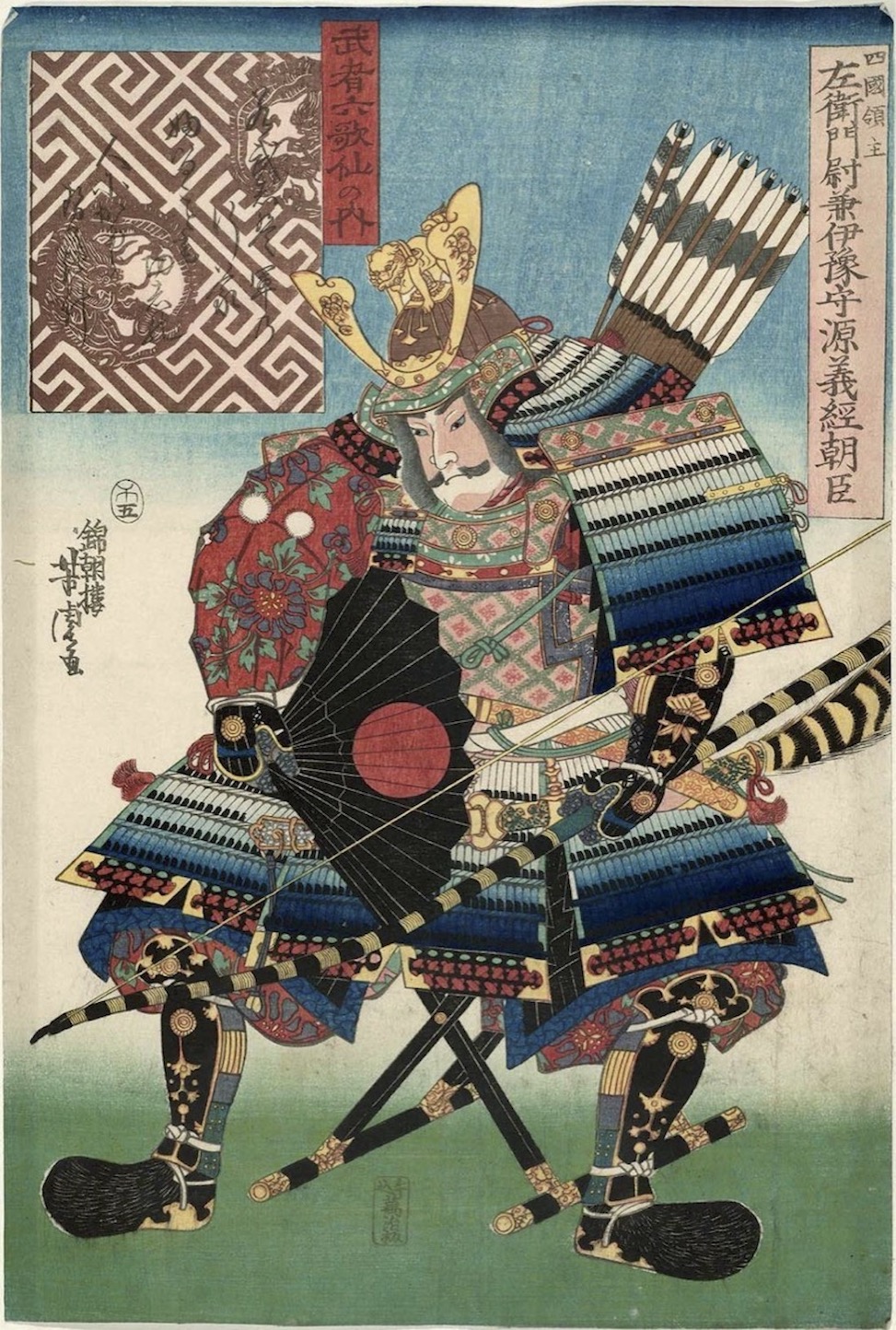
What’s in a Pilgrimage?
Congratulations to our teammate Dr. Daniele Lauro, who gave a presentation titled “What’s in a Pilgrimage? Tokugawa Benevolent Rule, the Tenpō Reforms, and Shogun Ieyoshi’s Visit to Nikkō in 1843” to the Japan Forum, Reischauer Institute of Japanese Studies, Harvard University, Cambridge, on February 19, 2021.
